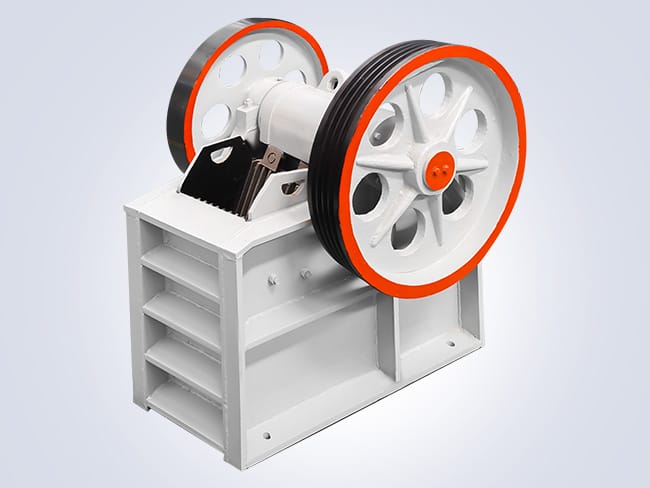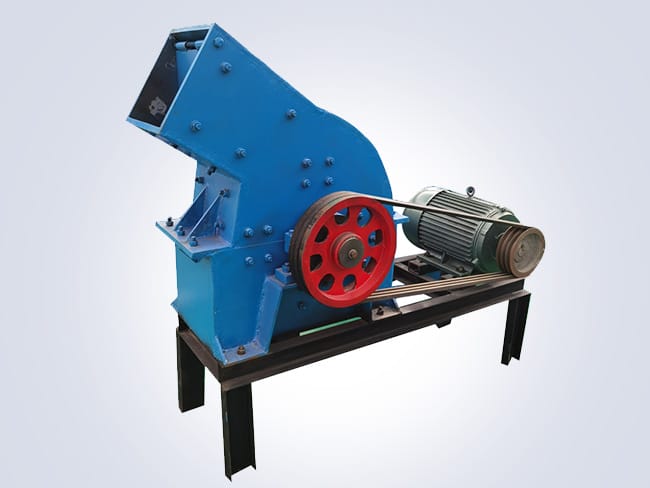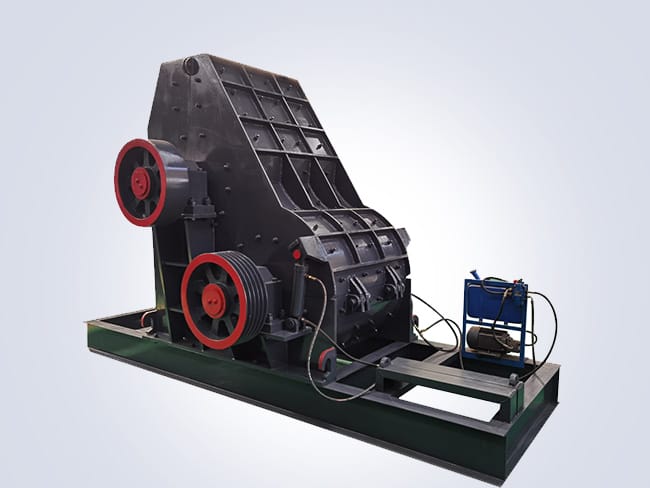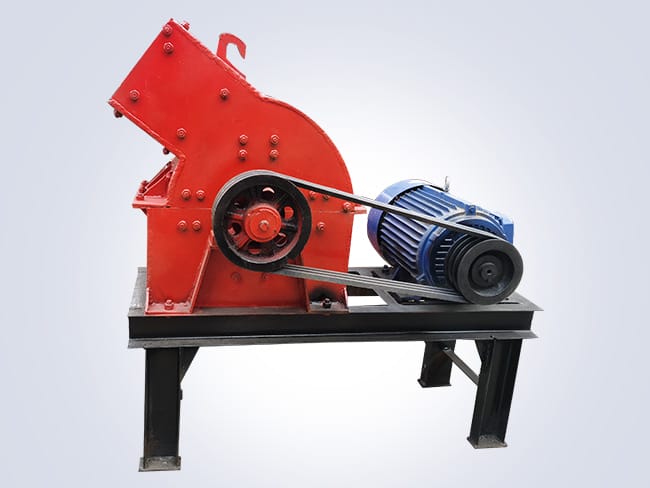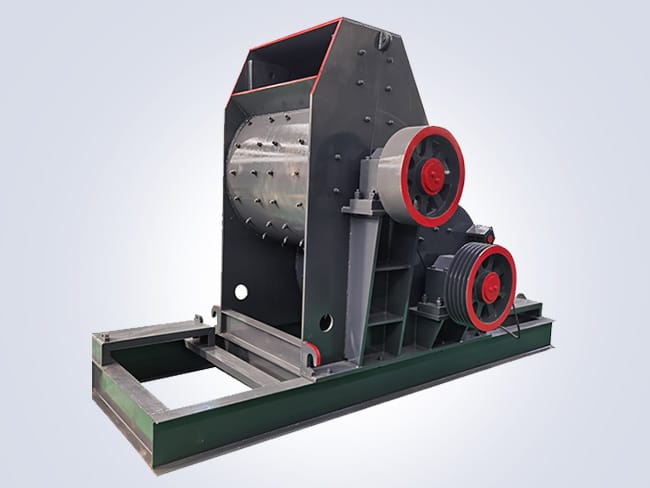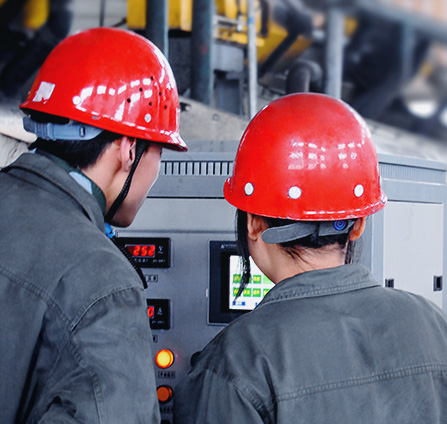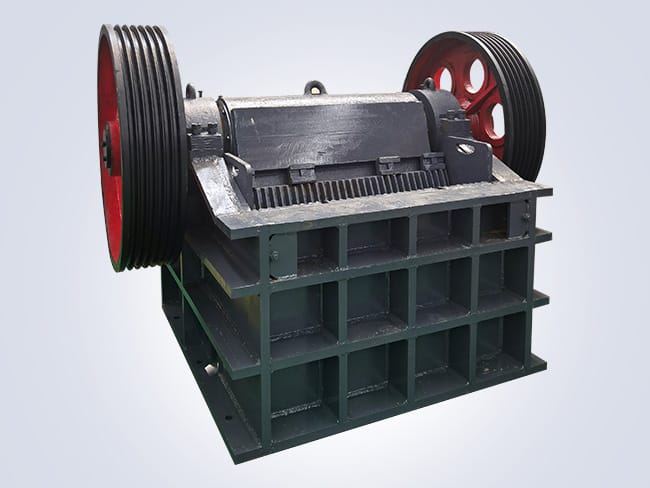
As a “primary crushing tool” in the industrial sector, the jaw crusher has become an indispensable core equipment in many industries due to its simple structure, large crushing ratio and high compressive strength. In the field of mineral development, it is a key process in ore processing. It can crush raw ore of tens of centimeters or even hundreds of meters into small materials suitable for subsequent processing, laying the foundation for the separation and grinding of non-ferrous metals, ferrous metals and non-metallic minerals, and directly affecting the utilization rate and mining efficiency of mineral resources.
Jaw Crusher: The “Crushing Expert” in the Industrial Field
In the construction and building materials industry, the jaw crusher undertakes the core task of aggregate preparation. It can crush natural stone materials such as granite, limestone and pebbles into sand and gravel aggregates that meet construction standards, which are widely used in concrete mixing, road paving, bridge construction and other projects. The crushed aggregates have uniform particles and qualified strength, which are the key premise for ensuring project quality.
In addition, in the field of environmental protection recycling and solid waste treatment, it can crush solid wastes such as construction waste and metallurgical slag to realize resource recycling. This not only reduces environmental pollution but also lowers reliance on raw materials, conforming to the concept of green industrial development. Meanwhile, its characteristics of adapting to various materials, stable operation and convenient maintenance enable it to play an important role in raw material pretreatment in industries such as chemical industry, electric power and water conservancy. It has become an important link connecting the upstream and downstream of industrial production, providing solid support for the operation of various industries.




